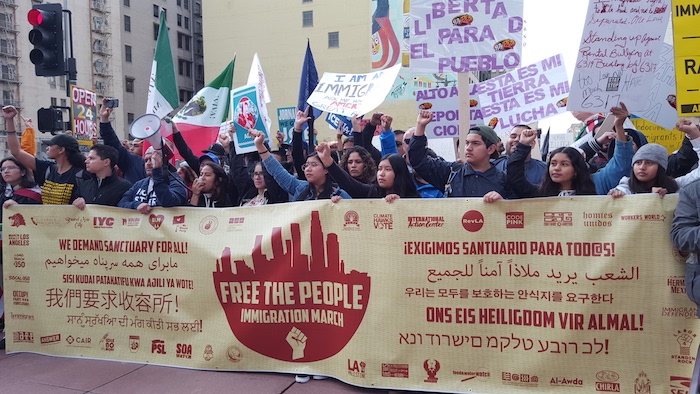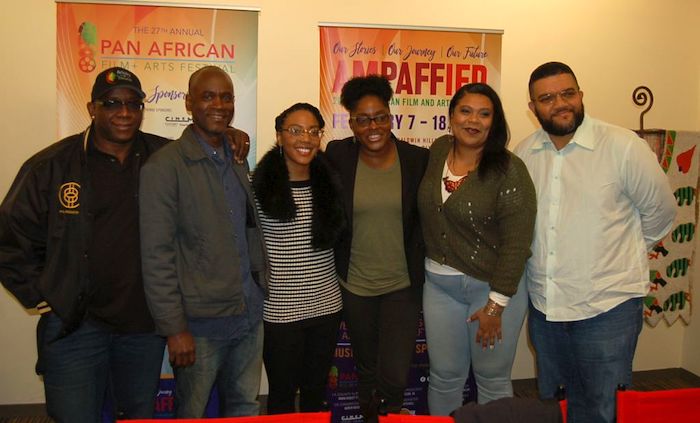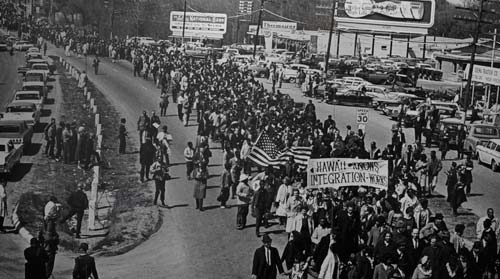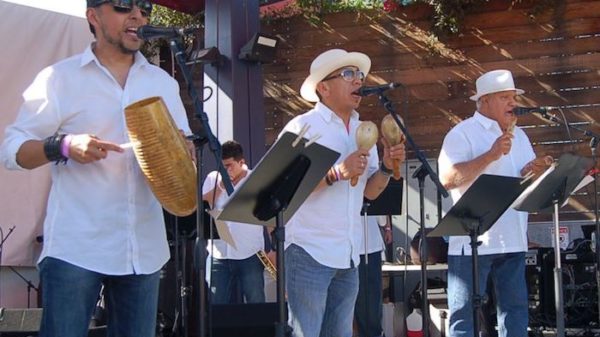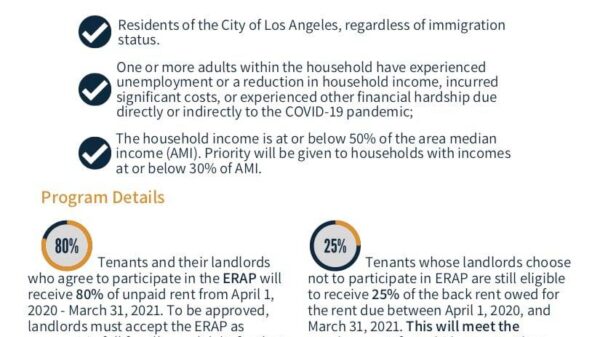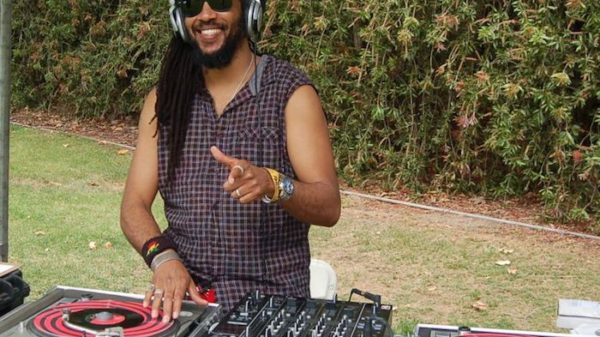The fashion world’s Nina Garcia is proud of her Colombian roots. But she admits she had to leave her home country in order to achieve the life she has today.
Magazine, Making Money, CNN Money Immigrant Success, by Parija Kavilanz
“Had I stayed in South America, I think I would have encountered a lot of problems,” said the editor-in-chief of Elle magazine and longtime judge of reality show “Project Runway.” “I was such a rebel and anti-establishment.”
“My education here, and being exposed to competitiveness early on, really challenged me the right way,” said Garcia of the Dana Hall School, the all girls school in Wellesley, Massachusetts she attended.
That helped Garcia, 53, get to where she is today, she said.
“I’m the first Latin editor-in-chief of a major fashion magazine. It feels very good,” she said.
Garcia became the top editor of Elle last September. She now oversees one of the top fashion magazines in the world with 45 international editions and a staff that spans around the globe.
From an early age, Garcia was enamored by the colorful magazines showcasing stylish clothes that would arrive each month at Barranquilla’s only major hotel that sold international magazines.
“I was probably eight years old. My mother loved clothes and these magazines, too,” she said. “I would beg my father to take me there to buy two or three magazines.”
She would then cut out pages to create her own version of a magazine. “I didn’t aspire to be a magazine editor back then. I just loved the fashion,” she said.
Her father, a businessman, wanted his two daughters to pursue pragmatic careers — a desire that went against cultural norms at the time.
“Culturally, back then, opportunities and expectations for women didn’t go beyond finding a suitable husband and getting married,” said Garcia. “My father had a big problem with that. He wanted to take us out of that mindset.”
But there were other factors weighing on the Garcia family. It was the early 1980s and cocaine cartels had been gaining power in Colombia. “It almost became like the Wild West. There were no laws. It was the law of the ‘plomo o plata,’ which means ‘take the money or get shot,'” she said.
Garcia saw friends fall into the trap of the drug trade. “There’s not one story that I could go back to and say, ‘This person dabbled in a little bit of drug trafficking and now they are fine.’ All ended in tragedy,” she said.
Garcia’s parents were convinced their daughter had to leave the country.
“If I didn’t, who knew what the outcome would have been for me?,” she said. “I can count on one hand the friends I went to school with who eventually went to college and pursued a career. Maybe just two or three.”



